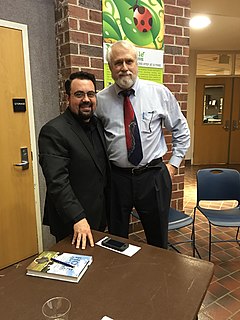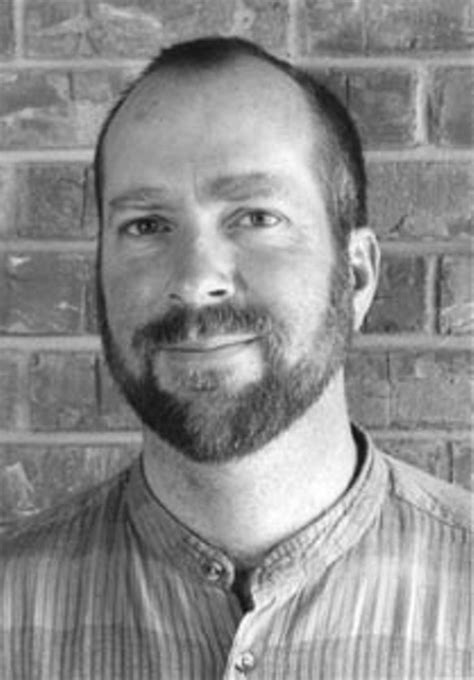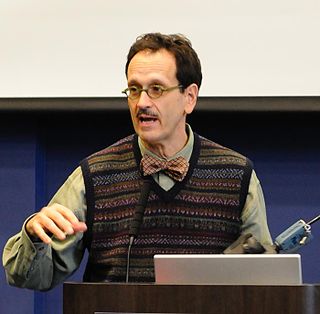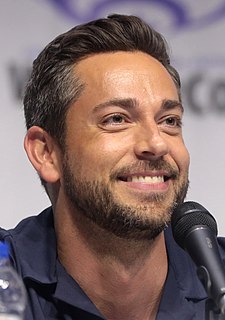Цитата Венди Каминер
Есть способ, которым все эти пастухи в духовном буфете выполняют службу, потому что вы могли бы возразить, что пастбище ведет к своего рода терпимости. Люди, которые включают учения множества различных традиций в свои собственные системы верований, будут более терпимыми, чем люди, которые ограничивают себя строгими рамками одной конкретной религии. Способствует ли это нашему замешательству? Я не знаю, вносит ли это столько путаницы, сколько свидетельствует об определенной глупости и поверхностности.
Темы цитат
Спорить,
потому что
убеждения
Системы
убеждений
Границы
Шведский стол
Определенные
ограничения
Путаница
Вносить вклад
Могут ли
разные
доказательства Пастбище
Включать
Добрые
Знания
Ведут
намного
больше
Наши собственные
люди
Исполняют
религиозную
службу
Поверхностность
Глупость
Духовность
Строгие
системы
Учения
,
чем они
сами
Толерантность
Толерантные
традиции
Путь
,
который внутри
Связанные цитаты
Мне интересно находиться во тьме и смятении. Но за этим вы можете подняться из этого и увидеть вещи такими, какие они есть на самом деле. Что во всем этом есть какая-то правда, если бы вы могли просто добраться до той точки, где вы могли бы увидеть это, прожить это и почувствовать это. Я думаю, что это далеко-далеко. В то же время есть страдание и тьма, смятение и абсурд, и люди как бы ходят по кругу. Это невероятно. Это как странный карнавал: много веселья, но много боли.
С годами моя религия изменилась, и моя духовность развилась. Религия и духовность очень разные, но люди часто путают их. Некоторым вещам нельзя научить, но их можно пробудить в сердце. Духовность признает божественный свет, который находится внутри всех нас. Он не принадлежит какой-либо конкретной религии; это принадлежит всем.
Религия приносит много пользы, особенно любящая, как в церкви Грейс. Я знаю людей, которые перешли к более либеральному христианству и были этим довольны. Проблема в том, что для меня был процесс, связанный с переходом от пятидесятничества к более либеральному богословию, такому как Церковь Благодати. Что отличает меня от других, так это то, что этот процесс не остановился, и я шел до конца. В конце концов, я не мог отделаться от ощущения, что любая религия, даже самая любвеобильная, — это всего лишь лежачий полицейский в прогрессе человечества.
Если вы решите пойти по буддийскому пути, вы должны быть осторожны, если вы начнете смешивать множество различных традиций, с которыми вы не совсем знакомы, — смешивая этот вид медитации с такой практикой или этот вид визуализации с таким видом практики. мантра. Тогда вы действительно придумываете что-то свое и понятия не имеете, что произойдет.
Я знаю, что внутри меня есть... сторона одиночества. Я думаю, что люди, которые знают меня, могут видеть, но люди, которые просто встречают меня, не могут, потому что я вообще очень веселый и общительный. Я люблю проводить много времени наедине с собой. Я могу серьезно погрузиться в свои мысли и часто люблю позволять себе путешествовать туда, куда я не знаю. Я всегда чувствовал, что это своего рода форма побега.
Мне не хочется это говорить, потому что я думаю, что в наши дни люди избегают риска больше, чем когда-либо. Еще до того, как они возьмут трубку, они уже знают, какая будет картинка. Так что в этом есть определенное утешение, определенная уверенность в том, что они могут развернуть обложку журнала и как бы знают, что это будет.
Я думаю, что поэзия может быть своего рода светским способом, которым люди могут приблизиться к трудным частям своей жизни, где были потери, где есть глубокая печаль. Если поэзия может помочь людям с большей легкостью выражать даже самим себе много мрака и боли обычного человеческого существования, то она служит какой-то культурной роли, возможно, более чем культурной роли, возможно, она служит чему-то вроде духовная роль.




































